
The Darrell McClain show
Independent media that won't reinforce tribalism. We have one Planet; nobody's leaving, so let’s reason together!! Darrell McClain is a Military veteran with an abnormal interest in politics, economics, religion, philosophy, science, and literature. He's the author of Faith and the Ballot: A Christian's Guide to Voting, Unity, and Witness in Divided Times. Darrell is a certified Counselor. He focuses primarily on relationships, grief, addiction, and PTSD. He was born and raised in Jacksonville, FL, and went to Edward H white High School, where he wrestled under Coach Jermy Smith and The Late Brian Gilbert. He was a team wrestling captain, District champion, and an NHSCA All-American in freestyle Wrestling. He received a wrestling scholarship from Waldorf University in Forest City, Iowa. After a short period, he decided he no longer wanted to cut weight, effectively ending his college wrestling journey. Darrell McClain is an Ordained Pastor under the Universal Life Church and remains in good standing, as well as a Minister with American Marriage Ministries. He's a Believer in The Doctrines of Grace, Also Known as Calvinism. He joined the United States Navy in 2008 and was A Master at Arms (military police officer). He was awarded several medals while on active duty, including an Expeditionary Combat Medal, a Global War on Terror Medal, a National Defense Medal, a Korean Defense Medal, and multiple Navy Achievement Medals. While in the Navy, he also served as the assistant wrestling coach at Robert E. Lee High School. He's a Black Belt in Brazilian Jiu-Jitsu under 6th-degree black belt Gustavo Machado. Darrell Trains At Gustavo Machado Norfolk under the 4th-degree black belt and Former Marine Professor Mark Sausser. He studied psychology at American Military University and criminal justice at ECPI University.
The Darrell McClain show
Jane Goodall’s Reckoning: Hope, Hypocrisy, and the Work Left to Us
The headlines arrived first, tidy and late, but the weight beneath them is harder to hold: Jane Goodall is gone, and so is a voice that made science feel like conscience. We sit with the loss and the indictment it delivers—how institutions that once ignored her now rush to borrow her moral light, how applause became a habit while forests thinned and habitats fractured. What begins as an obituary quickly widens into a reckoning with the lines she erased between “us” and “nature,” and the choice she kept pressing back into our hands.
We trace her arc from curiosity without credentials to a scientist who dared to become a prophet, detailing the observations that cracked old dogmas—chimps shaping tools, grieving their dead—and the public witness that followed. Hope, for Goodall, wasn’t decoration; it was defiance. We explore how that stubborn optimism took shape in Roots & Shoots, a global youth movement that turns agency into practice and replaces resignation with small, cumulative victories. Along the way we confront the pageantry of tributes from politicians, corporations, and universities and ask what honor means without policy shifts, budget lines, or measurable protection of living systems.
This conversation lands where Goodall always pointed us: conservation as a moral test, not a data deficit; a United States fluent in awareness yet slow to cut emissions; a global legacy built on dignity instead of theatrics. The final question lingers after the credits: what now? If her life was a mirror more than a monument, the reflection asks for choices that count—protect habitats, electrify and decarbonize, stop subsidizing harm, teach agency young, and measure growth by what endures. If this resonated, share it with someone who needs the nudge, subscribe for more hard, hopeful conversations, and leave a review to help this work reach the next set of hands ready to build.
A voice for creation goes silent by Darrell McLean at death, and a reckoning Jane Goodall is dead at ninety-one. The obituar begun to pile up each one reverent, tasteful and of course late. Tributes are now flowing in from governments that ignored her, corporations that undermined her, and universities that once dismissed her. There is a certain comedy in this. The very institutions most complicit in the destruction she fought will now scramble to claim her legacy, like looters at a burning cathedral carrying out chalices. Her death, though, cannot be reduced to a paragraph in the back pages of the New York Times. It is not only the silencing of one woman's voice, but the loss of a conscience. She warned us again and again that the planet was not a backdrop for our dramas, but the stage itself. And we, actors that we are, have chosen instead to tear down the stage while congratulating ourselves on our performance. Goodall's passing is not just a loss, it is an indictment. The girl who defied the professor's Jane Goodall began her work in 1960, not with a degree, but with what universities consider a crime, curiosity without credentials. At a time when women were meant to type for scientists, not to be them, she dared to walk into the forests of Gome, Tanzania, armed with binoculars, a notebook, and the dangerous belief that looking closely might matter more than publishing papers. What she found unsettled the experts. Chimpanzees, those supposedly lesser creatures, were making and using tools, organizing raids, mourning their dead. They were violent and compassionate, tribal and tender. In short, they were familiar. The neat line separating man from animal A line drawn by centuries of philosophers in powdered wigs suddenly looked like a doodle in sand, easily washed away by observation. The scientific establishment naturally bristled. Goodall had committed several unforgivable sins. She was young. She was female. She lacked a PhD. And worst of all, she was right. The priests of academia, like priests everywhere, despise heretics most when the heretics bring evidence. From science to prophecy, had Goodall been content to remain in the cloisters of academia, she would have been tolerated, even celebrated. Universities are excellent at appropriating success while punishing independence. But Goodall chose otherwise. She left the Ivory Towers and became what scientists are never meant to be: a prophet. For decades, she circled the globe, speaking in lecture halls, schools, United Nations assemblies, and village squares. She told anyone who would listen, and, more importantly, those who would not, that the natural world was not an optional luxury, but the foundation of human survival. She was tireless, traveling some 300 days a year at times, giving her life to an itinerant ministry of ecology. And she spoke not as a politician hedging every word, nor as a celebrity delivering platitudes, but as someone who had actually sat among the creatures being destroyed. She had watched their families break under poaching, their forests vanish under logging. She was not describing the environment. She was describing neighbors. That made her dangerous. A woman with moral clarity is always more dangerous than a man with power. The politics of Hope Goodall refused despair. That is perhaps her most radical contribution. In an age when the destruction of ecosystems accelerates daily, when climate warnings are met with apathy or denial, hope has become an endangered species. Goodall insisted on keeping it alive. Her optimism was not sentimentality. It was defiance. To declare that humanity could still change course was to spit in the eye of inevitability. She treated despair not as realism but as surrender. There is still time, she would say, not she was convinced, but because she knew that conviction was contagious. This stubborn hope took concrete form in 1991 when she founded Roots and Shoots, a global youth program. The name itself was symbolic. Roots may be hidden but are powerful, shoots may be fragile but can crack concrete. She believed young people unpoisoned yet by cynicism were the only real agents of change. By arming them with responsibility and imagination, she undermined the two pillars on which destructive societies rest apathy and inevitability. Politicians ignored her speeches. Corporations dismissed her warnings, but millions of children listened. And children, inconveniently for the powerful, grow up. The hypocrisy of tributes now, with Goodall gone, the tributes are gushing. Politicians who never funded conservation will praise her. Oil companies will release statements of sorrow. Universities that once doubted her will elevate her as their own saint. There is something almost comical about the spectacle, like arsonists eulogizing a firefighter. But hypocrisy, as La Rochefouquore said, is the tribute Vice pays to virtue. The powerful cannot resist attaching themselves to a figure whose moral stature exposes their own bankruptcy. Expect the word inspiration to appear in every press release, usually next to a photograph of the speaker standing in front of a newly bulldozed forest. A mirror held to us Goodle's life was not only about animals. It was about us. She understood that conservation was never really about saving nature. It was about saving ourselves. The forest is not an aesthetic pleasure, but a carbon sink. The chimpanzee is not a curiosity, but a cousin. The collapse of ecosystems is not tragedy at a distance, it is suicide at home. Her genius was to frame the problem not as one of science, but of morality. We do not destroy forests because we lack knowledge. We destroy them because we lack reverence. Science can measure the rate of destruction. Only conscience can halt it. The American context it is worth remembering that Goodall's warnings were delivered primarily to Western audiences, those most responsible for the crisis. Yet America, the nation that built her fame, remains addicted to short-term profit and allergic to restraint. We prefer the drama of quarterly earnings to the dull reality of planetary survival. Goodall's speeches often landed with applause but little policy. America, as ever, is a nation that confuses clapping with action. We would rather raise awareness than lower emissions. We would rather declare our love of nature than actually stop destroying it. If Gulvedal was right in saying the United States is the only country to go from barbarism to decadence without passing through civilization, Goodall might add. It is also the only nation that could watch its forests burn, and call it economic growth. The global legacy yet her influence was global. Roots and shoots now exists in over one hundred countries. Generations have grown up with Goodall as a quiet moral presence, less a celebrity than a secular saint. Her face, framed by hair pulled back in practical modesty, became a symbol of seriousness without self-importance. She showed that science could have a soul and that advocacy could have dignity. She never succumbed to the cheap tricks of activism. No shouting slogans, no false simplicity, just patient insistence, delivered with an authority born of actual witness. That kind of moral capital is rare. It cannot be faked, bought, or manufactured. And now, it is gone. The final question her passing leaves us with an intolerable question. What now? Will humanity continue its cheerful march toward extinction, congratulating itself on its technological brilliance while the planet collapses beneath it? Or will we finally do what she spent her life begging us to do? Act as though the future matters. Jane Goodall will not answer that question for us. She has laid down her voice. The forests still cool, but fainter. The animals still wait, but fewer. The clock still ticks, louder. What remains is not memory, but responsibility. Epilogue. The Republic of the Earth, Goodall once said, that every individual makes a difference. It sounds small, almost banal. But it is, in truth, revolutionary. The myth of our age is that problems are too vast, too systemic, too entrenched for individuals to matter. But systems are made of individuals, and institutions are staffed by people who once were children. Change, like roots and ships, grows quietly until suddenly, inevitably, it breaks through. Jane Goodor is dead. The Republic of the Earth, however, is not yet finished. Whether it endures will depend on whether we remember her not as a saint to be eulogized, but as a mirror held to us a reminder that our fate was always our choice.
Podcasts we love
Check out these other fine podcasts recommended by us, not an algorithm.

The LUNSB Show with T-Bone and ChickBrew
Tony Knuckles
Over opinionated with Josh Scott
Josh scott
The Jamie Kilstein Podcast
Jamie Kilstein
The Back Row with Jamie Kilstein
Jamie Kilstein
Your Calvinist Podcast with Keith Foskey
Keith Foskey
BJJ Mental Models
Steve Kwan
Renewing Your Mind
Ligonier Ministries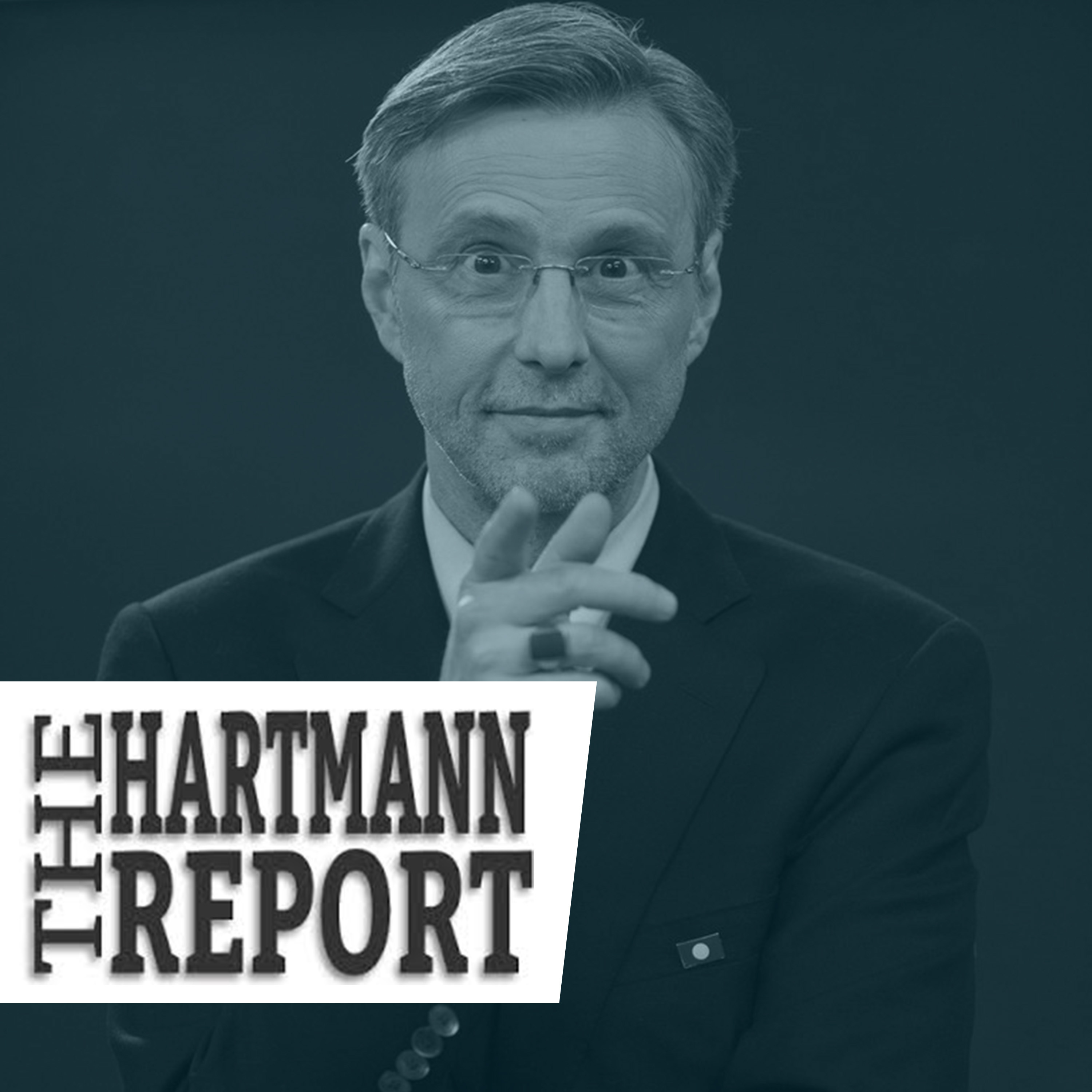
The Hartmann Report
Thom Hartmann
The Glenn Show
Glenn Loury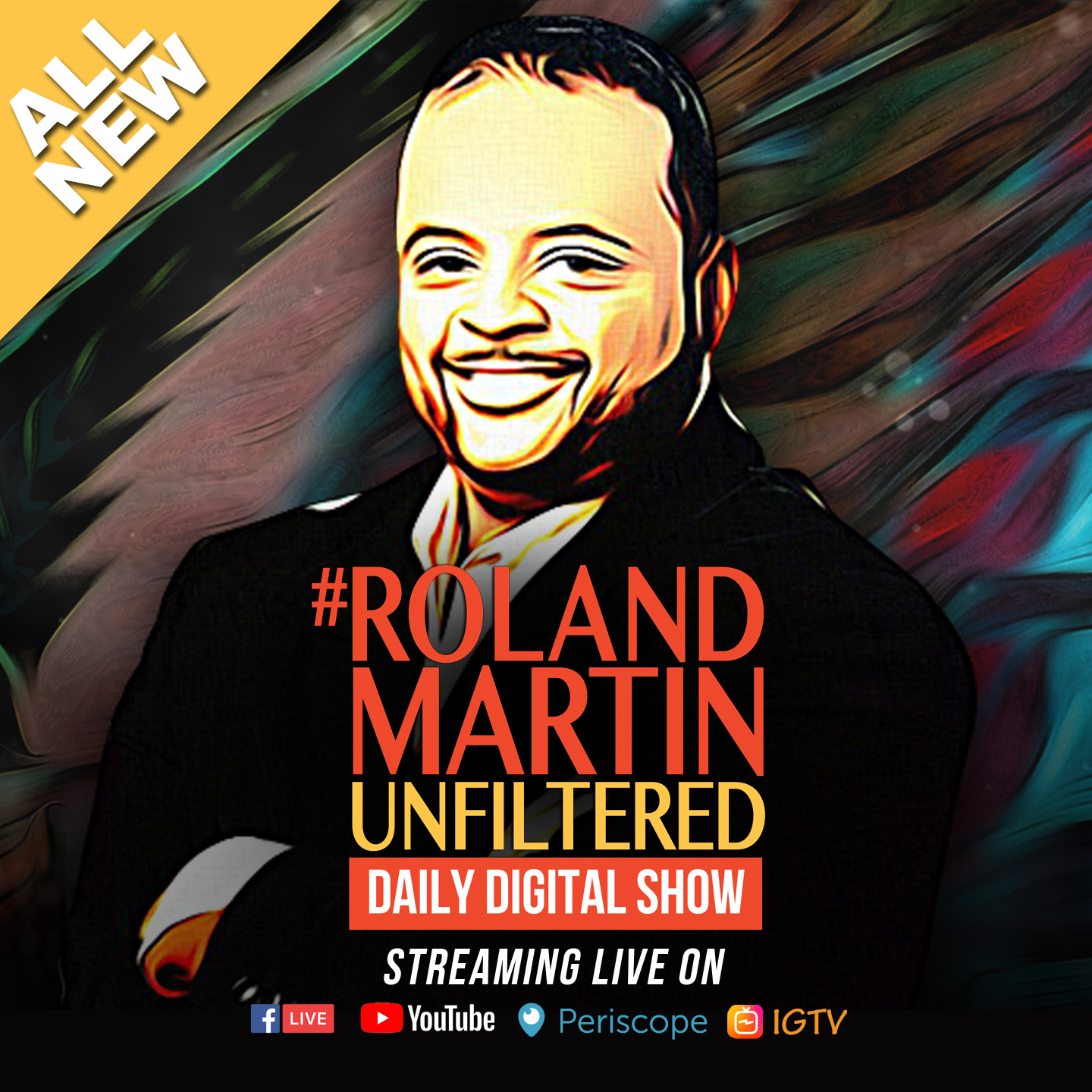
#RolandMartinUnfiltered
Roland S. Martin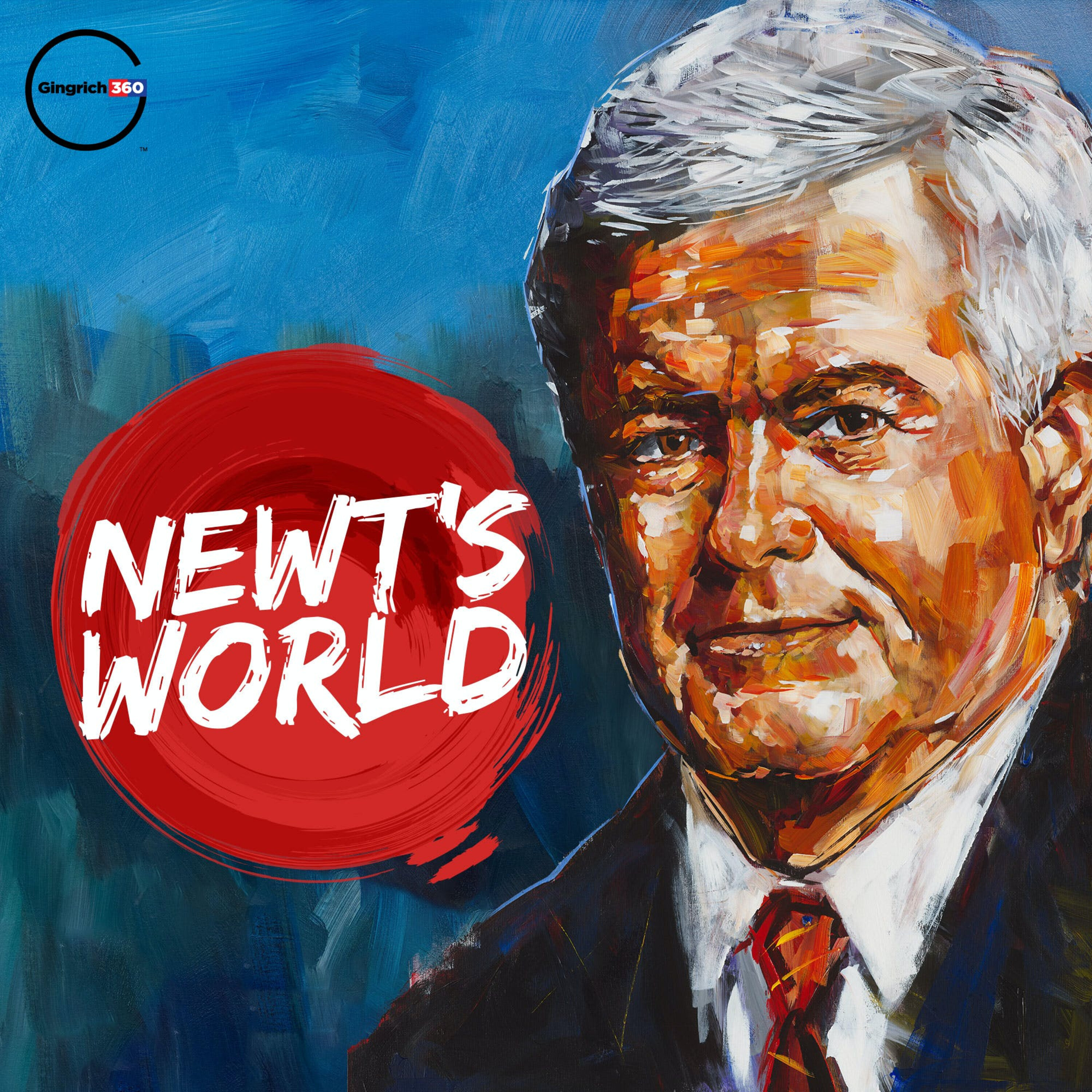
Newt's World
Gingrich 360
Pod Save America
Crooked Media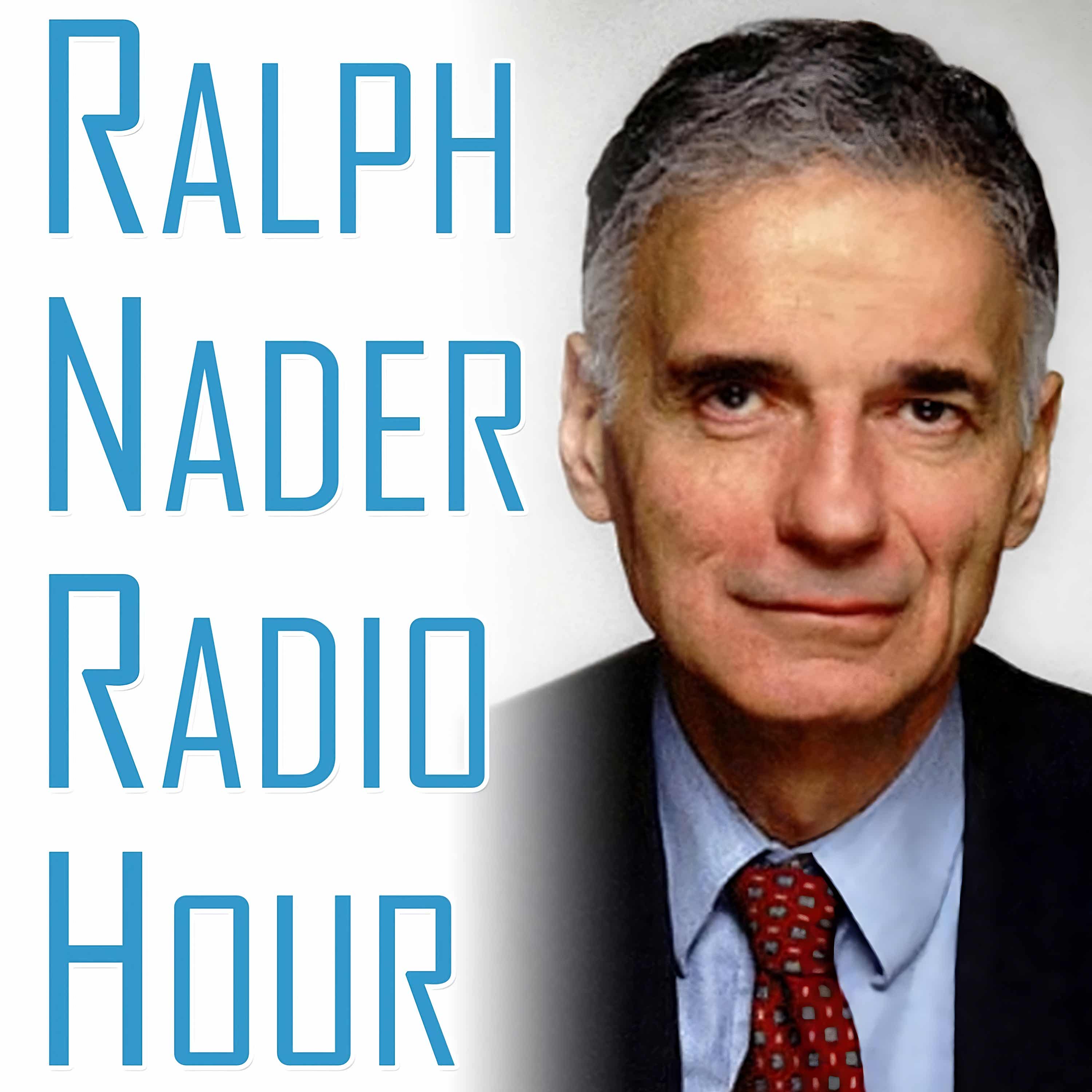
Ralph Nader Radio Hour
Ralph Nader
Bannon`s War Room
WarRoom.org
Bannon’s War Room
dan fleuette
The Young Turks
TYT Network
The Beat with Ari Melber
Ari Melber, MS NOW
The Damage Report with John Iadarola
TYT Network
The Majority Report with Sam Seder
Sam Seder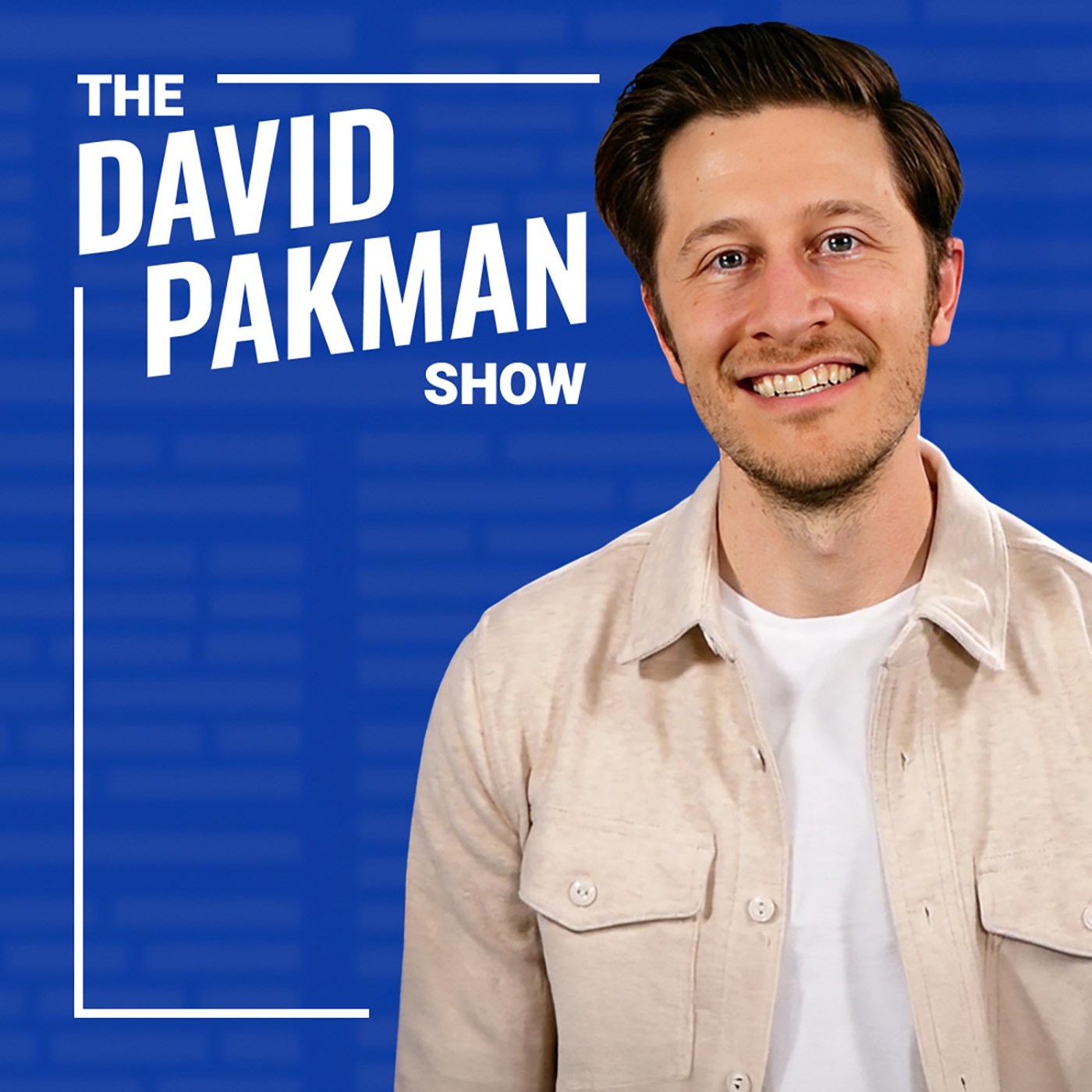
The David Pakman Show
David PakmanGet A Grip with Kendall Reusing
Kendall Reusing
Ultimately with R.C. Sproul
Ligonier Ministries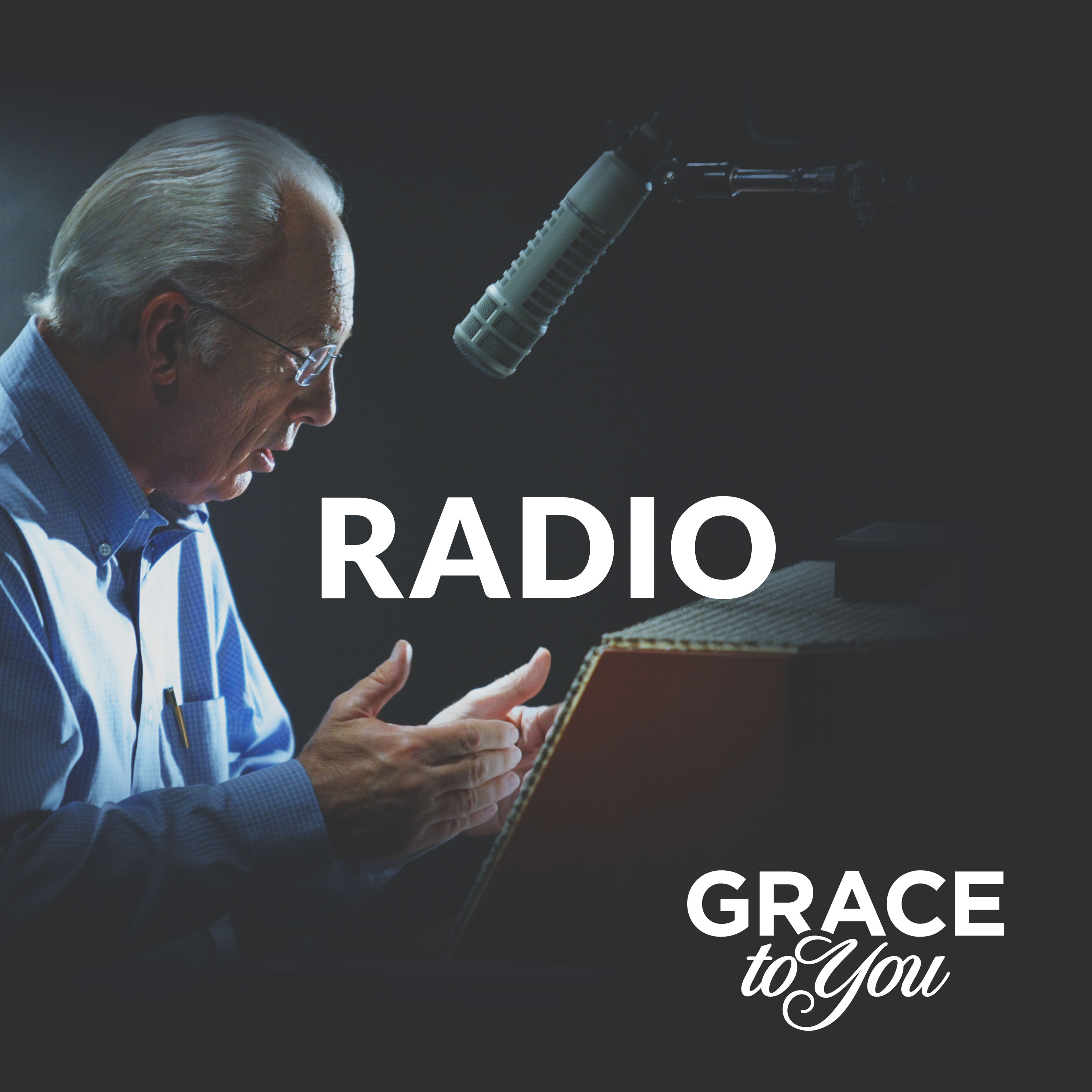
Grace to You: Radio Podcast
John MacArthur
The Briefing with Albert Mohler
R. Albert Mohler, Jr.
StarTalk Radio
Neil deGrasse Tyson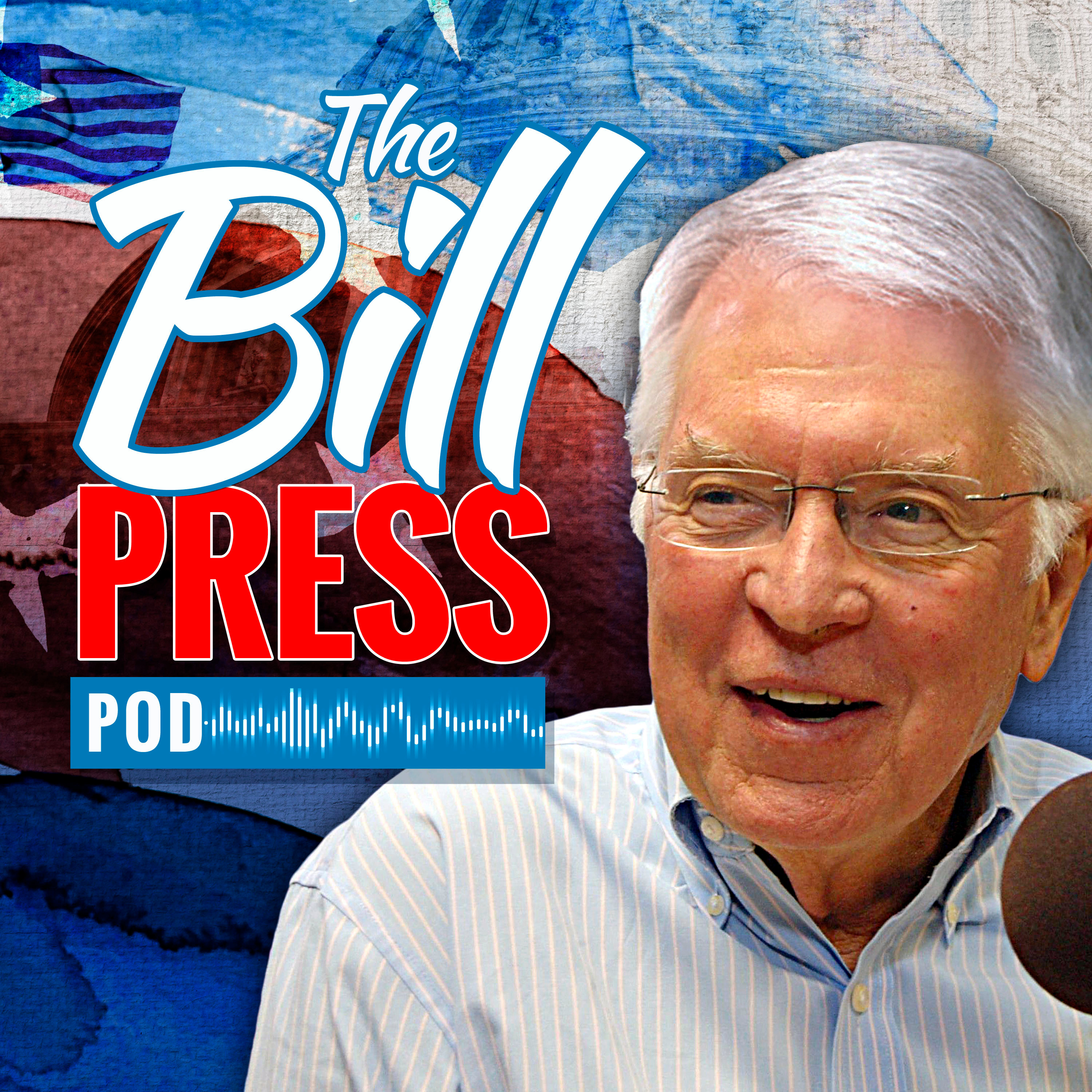
The Bill Press Pod
BP Pods
Ask Pastor John
Desiring God
The Weekly Show with Jon Stewart
Comedy Central
Ask Ligonier
Ligonier Ministries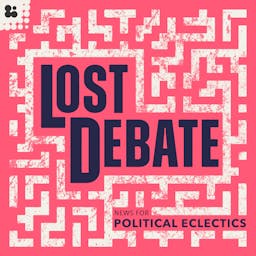
Lost Debate
The Branch
Coffee-Time-Again
Dale Hutchinson
5 Minutes in Church History with Stephen Nichols
Ligonier Ministries
The Ezra Klein Show
New York Times Opinion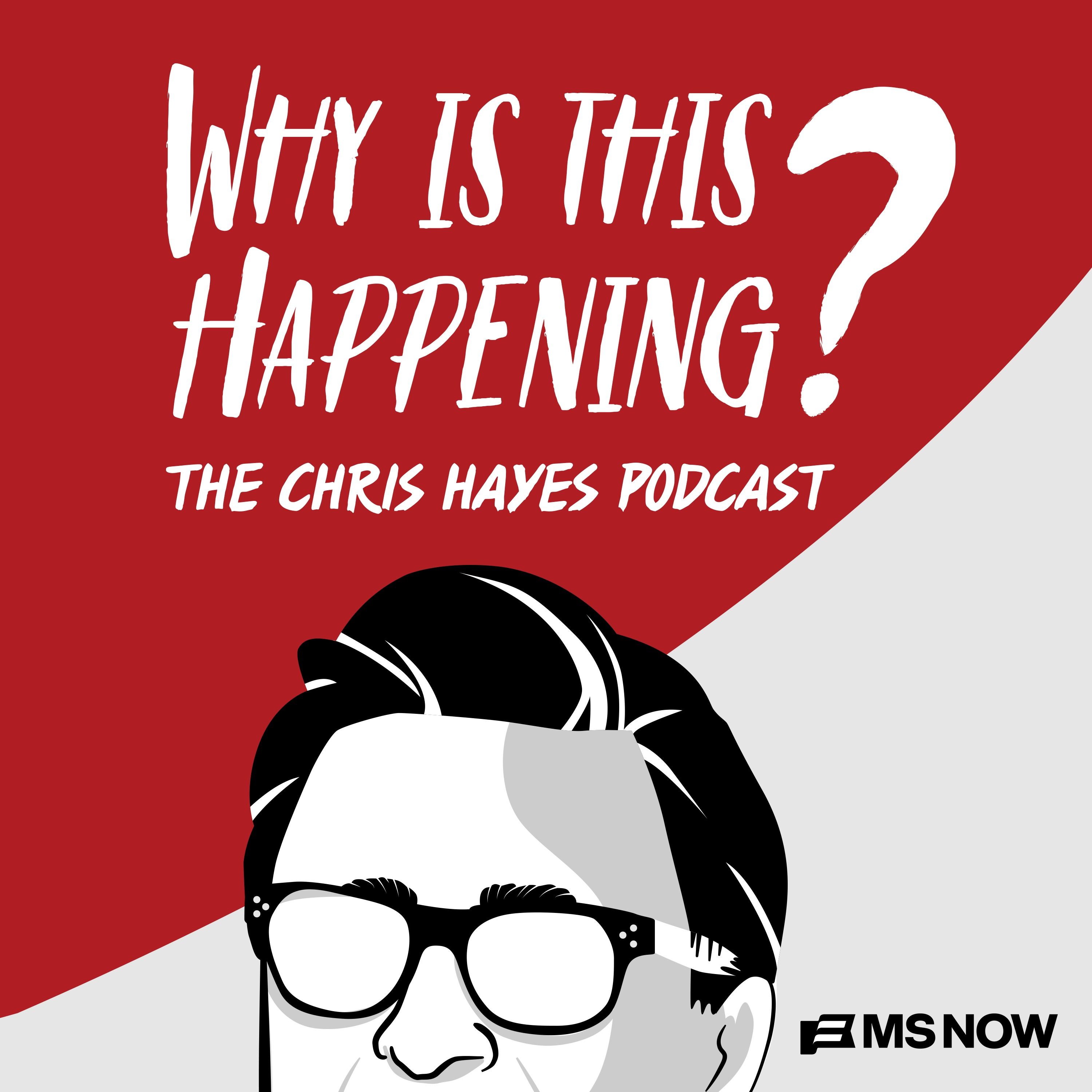
Why Is This Happening? The Chris Hayes Podcast
MS NOW, Chris Hayes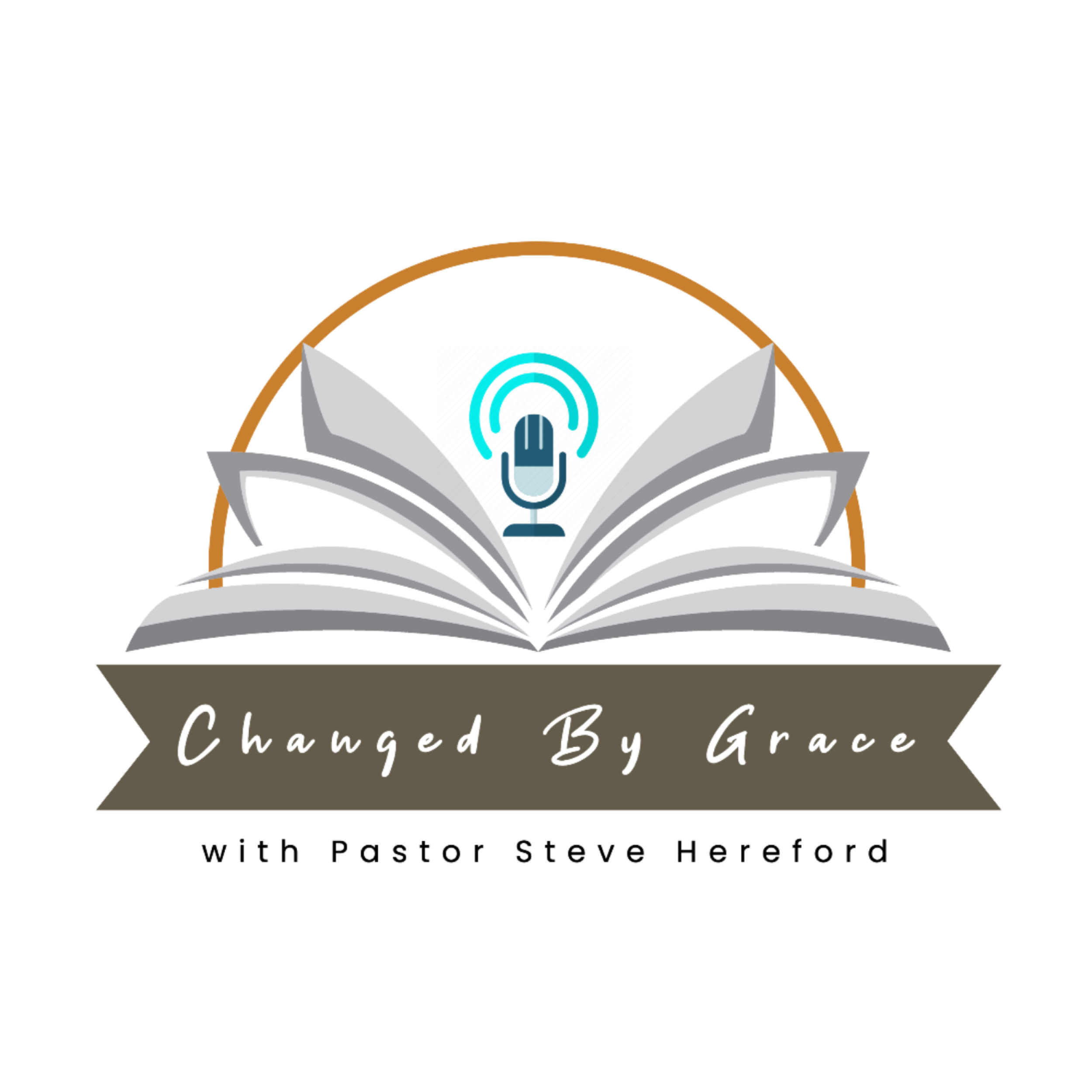
Changed By Grace
PodPoint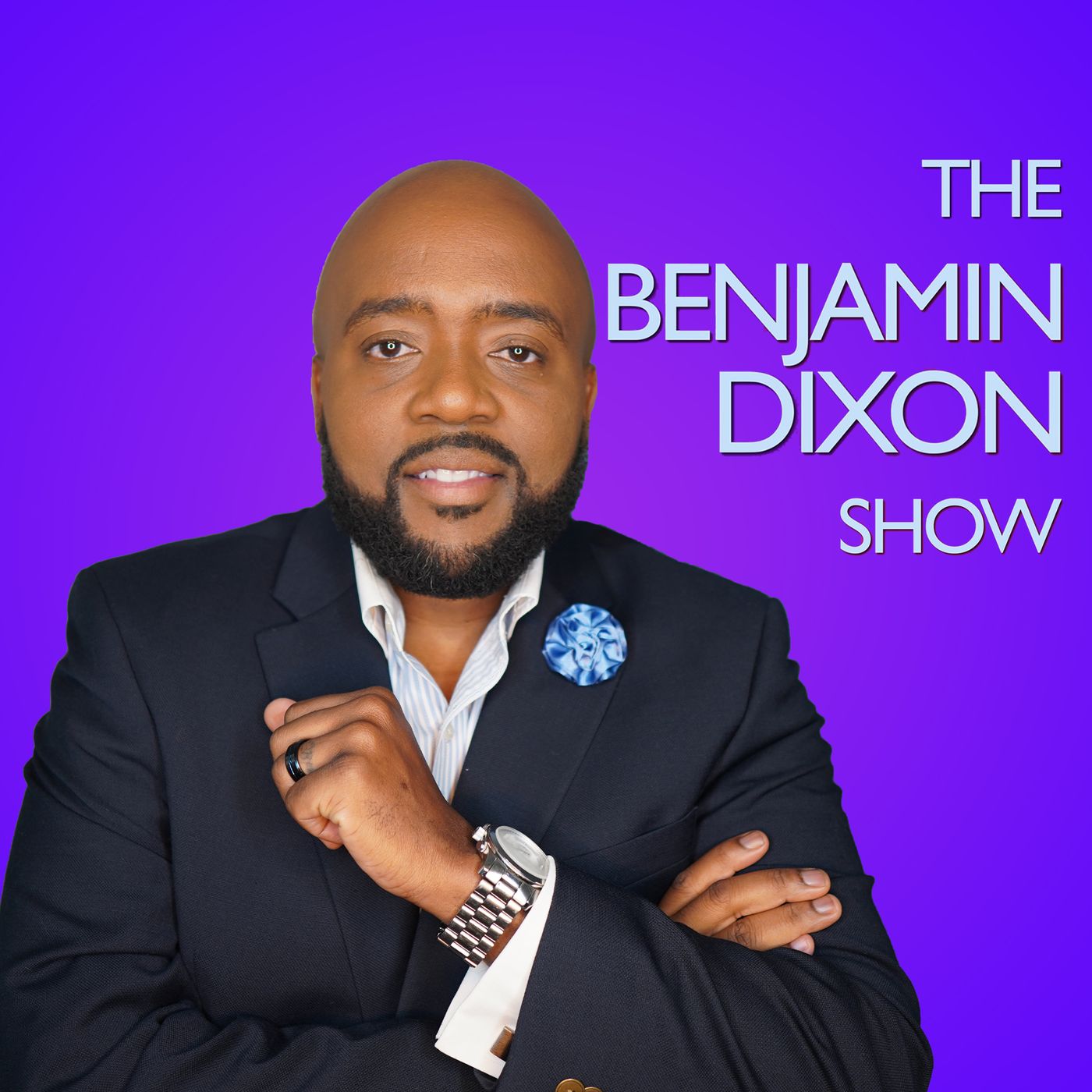
The Benjamin Dixon Show
The Benjamin Dixon Show
Thinking in Public with Albert Mohler
R. Albert Mohler, Jr.
Who Killed JFK?
iHeartPodcastsThe MacArthur Center Podcast
The Master's Seminary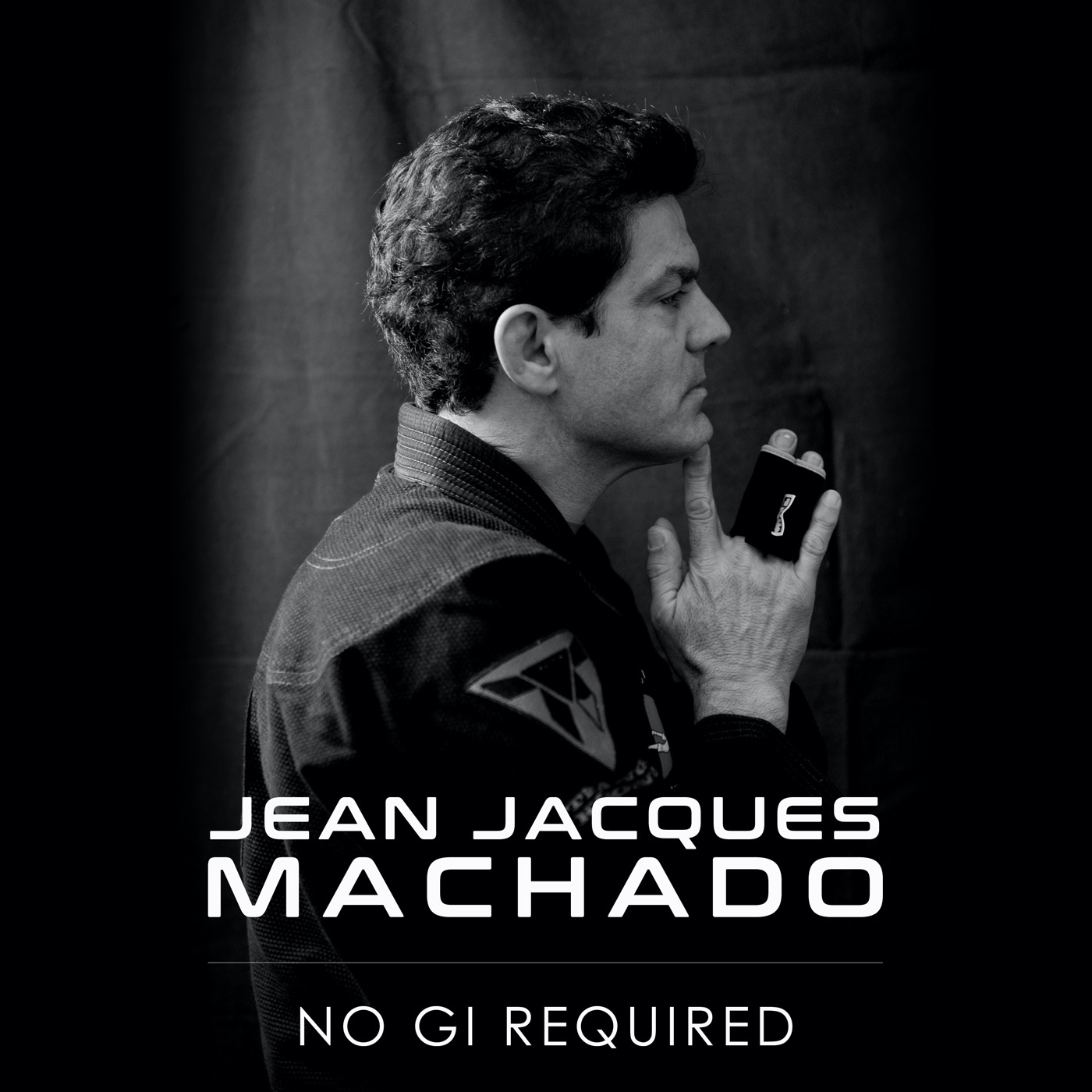
Jean Jacques Machado : No Gi Required
Jay Zeballos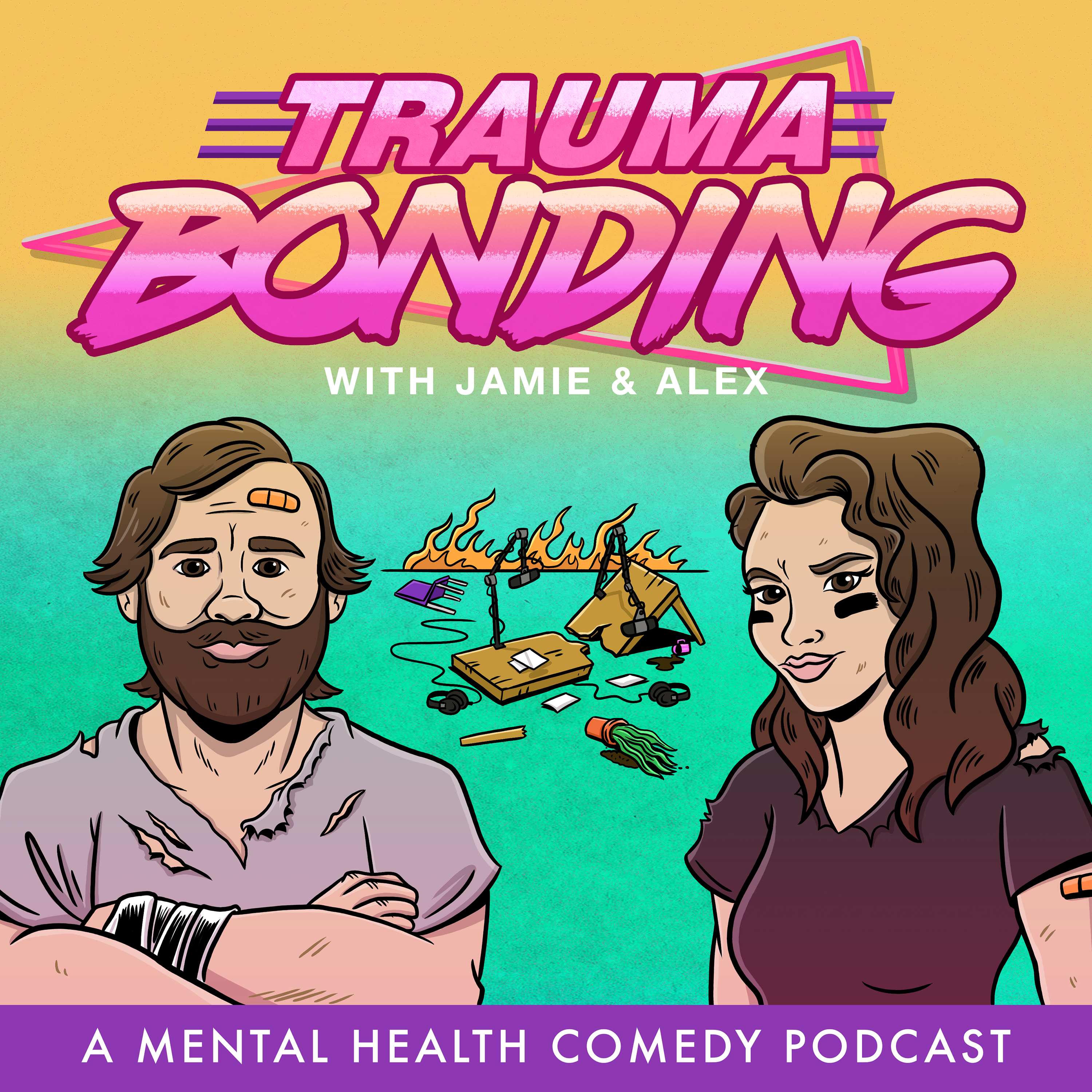
Trauma Bonding
Jamie Kilstein
This Day in History
The HISTORY Channel
The Ben Shapiro Show
The Daily Wire
The Sean Hannity Show
Sean Hannity
Breaking Points with Krystal and Saagar
iHeartPodcasts
The Kyle Kulinski Show
Kyle Kulinski